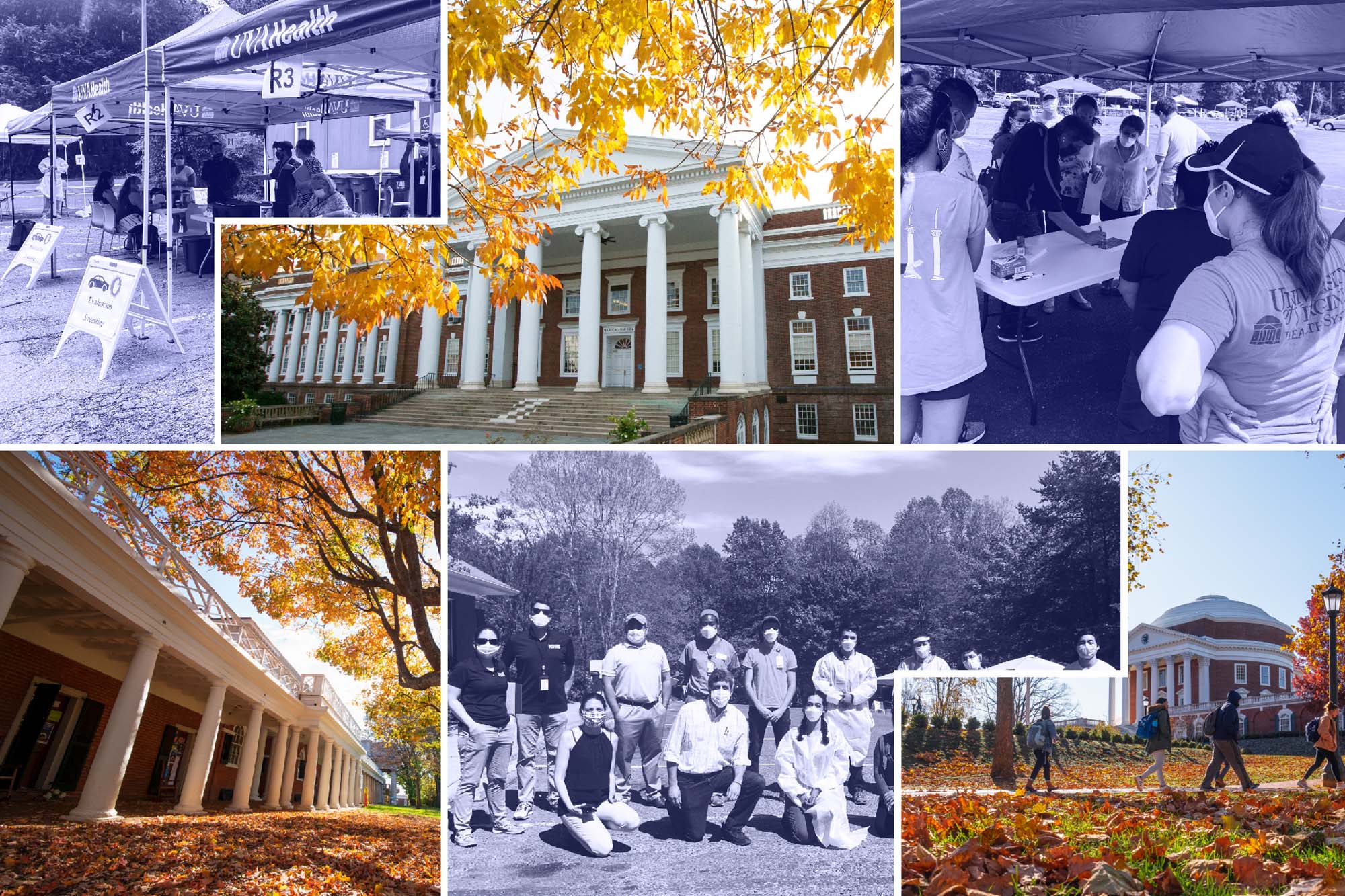There’s nothing worse than feeling helpless – and sadly that’s something Fanny Smedile, founder of the local non-profit Sin Barreras, has experienced frequently since the start of the pandemic.
Providing aid to members of the Latino community in Charlottesville who have been hit hard by COVD-19 is a daily struggle.
During the last nine months, Smedile has been inundated with requests for assistance.
“When someone calls you and tells you what is going on, it breaks your heart,” said Smedile, who founded Sin Barreras – Spanish for “without barriers” – in 2012. “Sometimes we can help them, but then sometimes we have to say, ‘Sorry, we can’t help you, we don’t have any more money.’ So we can’t help every single family.”
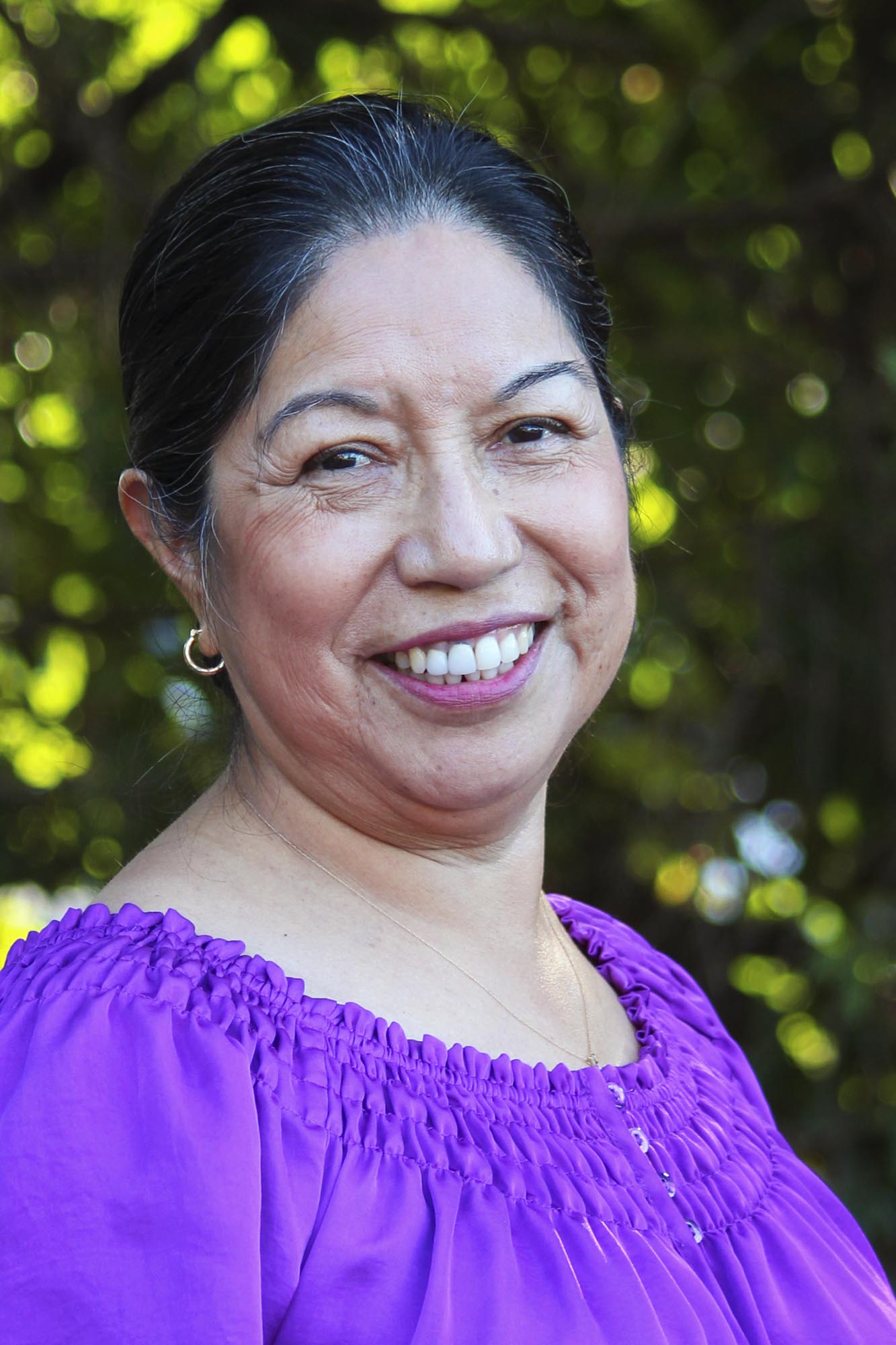
Fanny Smedile is the founder of the local nonprofit Sin Barreras. (Contributed photo)
Smedile said she has heard from entire families who have been affected by the coronavirus.
In many instances, Smedile said members of these families haven’t been able to work because they have the virus, or their jobs no longer exist – or both. Smedile said they are often faced with the impossible choice of paying their rent and electric bill or buying food.
“They want to get back to work, but they can’t,” she said.
In Central Virginia, the Hispanic population has accounted for around 25% of the COVID cases – a high number considering only 6% to 7% of the population is Hispanic, according to UVA associate professor of medicine Dr. Max Luna.
“It is not due to biology, biological predisposition; it is not due to a cultural predisposition and that your culture, your lifestyle makes you prone to disease,” Luna said. “But it is due to the socioeconomic challenges and hardships that people of color, including Latinos, go through day to day. People of color and Latinos are overrepresented in frontline employment, where the disease is spread, have very limited safety nets and live in multigenerational households.”
Luna said one in three non-Hispanic whites is able to work from home, compared to one in six Hispanics. Only 55% of Latino households have internet access in the city of Charlottesville.
In addition, Luna said just 51% of foreign-born Hispanics have “stable” health insurance in Virginia.
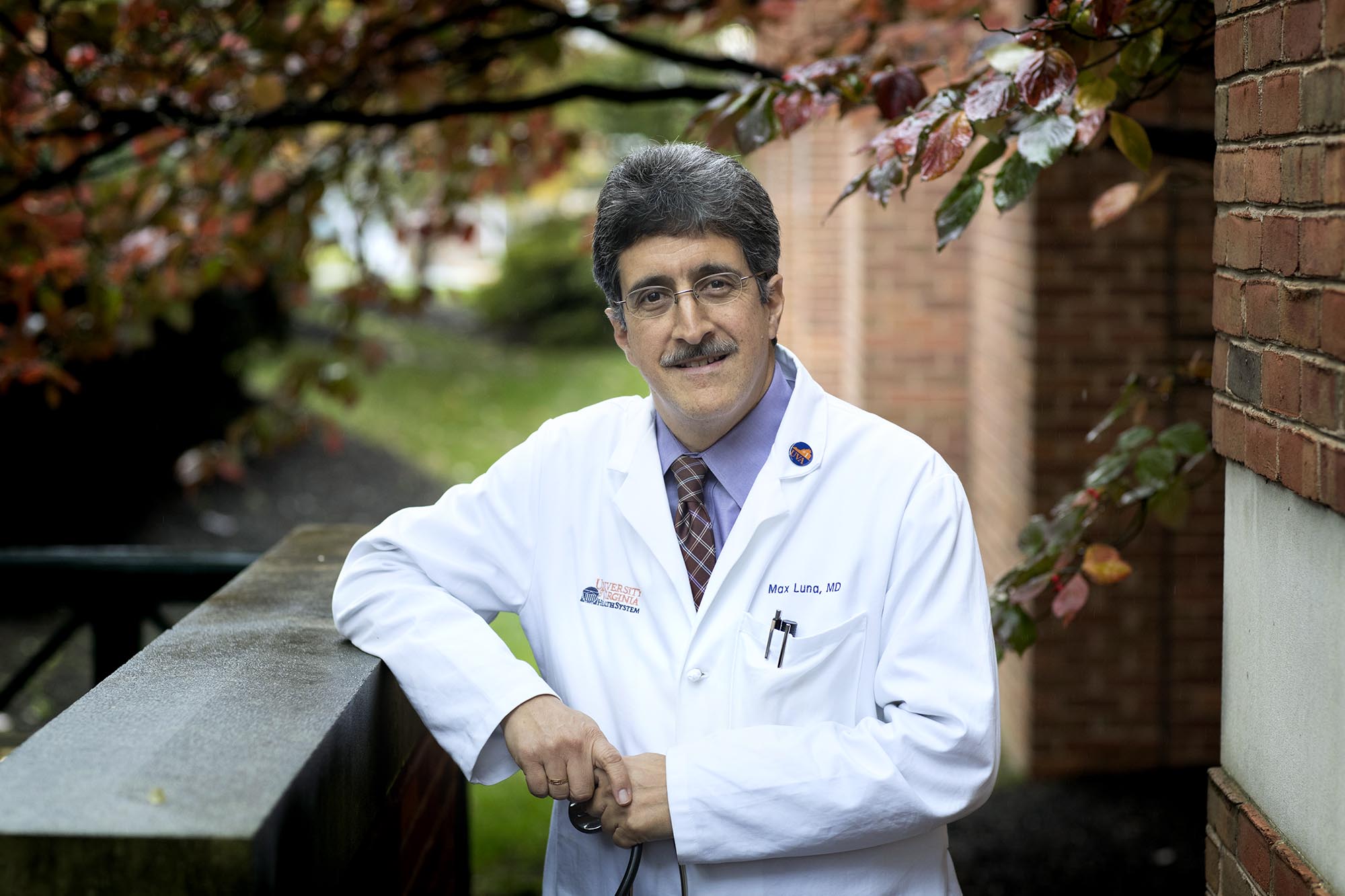
Dr. Max Luna founded the UVA Latino Health Initiative more than six years ago. (Photo by Dan Addison, University Communications)
In an effort to help, the UVA School of Medicine’s Latino Health Initiative – which Luna started more than six years ago – has partnered with Sin Barreras and several other local organizations, including Habitat for Humanity, the Women’s Initiative, the Charlottesville Free Clinic, the Church of Incarnation and Creciendo Juntos.
The Latino Health Initiative, which has more than two dozen UVA student and faculty volunteers, has been working tirelessly with community health workers and many other UVA Health teams to provide free COVID-19 testing for the Latino community.
In addition, the organization has aimed to keep community members informed about the virus and current public health guidelines through their social media platforms, educational flyers and a monthly newsletter – published in English and Spanish – that are distributed to local Latino stores, restaurants and neighborhoods.
Recently, a radio program, “Poder Latino” – which can be heard on Saturdays from 10 a.m. to noon – debuted on WXTJ 100.1 FM. One of its goals is to bridge the information gap.
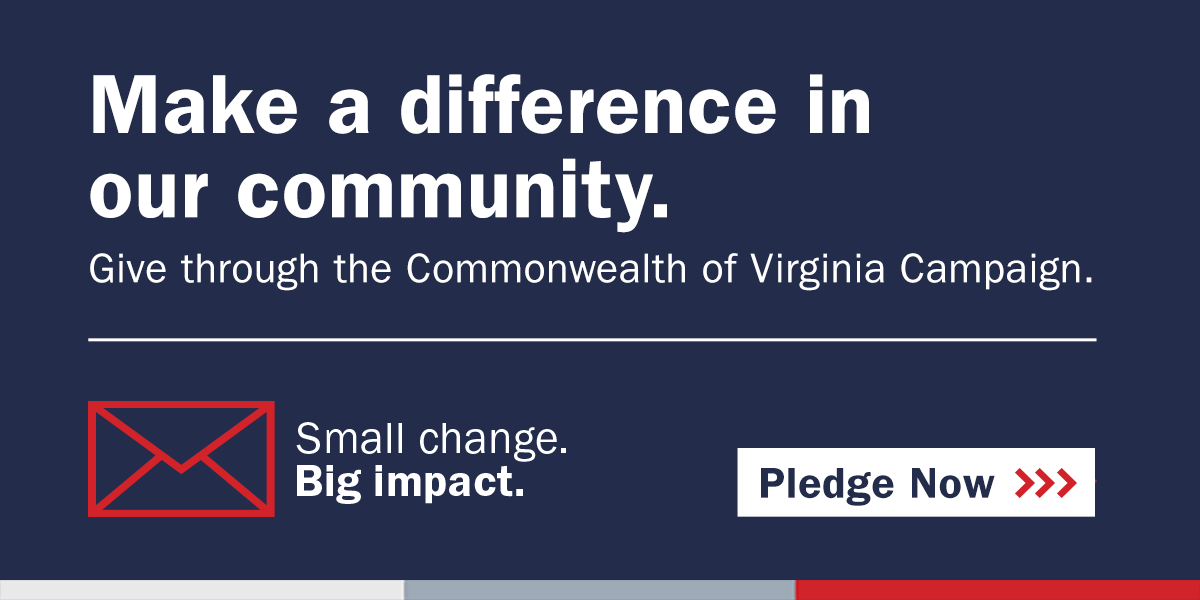
“It is important to understand that some members of our community don’t have access to the same information and resources that others do because of a simple language barrier. …This information gap and language barrier can be incredibly dangerous for the wellness of these families, and in turn could affect the health of our entire city,” said third-year student Danielle Romeo, who directs Madison House’s Sin Barreras program.
“It is essential that all COVID-19 resources, information and ‘norms’ are accessible for this community. By educating ourselves further about this inequity, it sets us up to be more inclusive about the resources we put together and the way that we move forward in addressing this pandemic.”
The Latino Health Initiative is also working on a mental health webinar and a digital divide project – to address a lack of technology access in the Latino community.
“I think right now it is really important to recognize the role that these social determinants of health play, and to combat any stigma or blame associated with the Latino community or anyone who is unable to work and live in a socially distant way,” said Gabby Grob, a fourth-year student who has been volunteering for the initiative this year.
“Additionally, it is the responsibility of everyone in the Charlottesville community to recognize the impact that their behavior can have on the people working in places like restaurants and grocery stores. If you haven’t been socially distant and wearing a mask, you might unknowingly have COVID-19, and could spread it to essential workers. This could cause an entire extended family to get sick with a potentially deadly disease and require them to take many days off of work.”
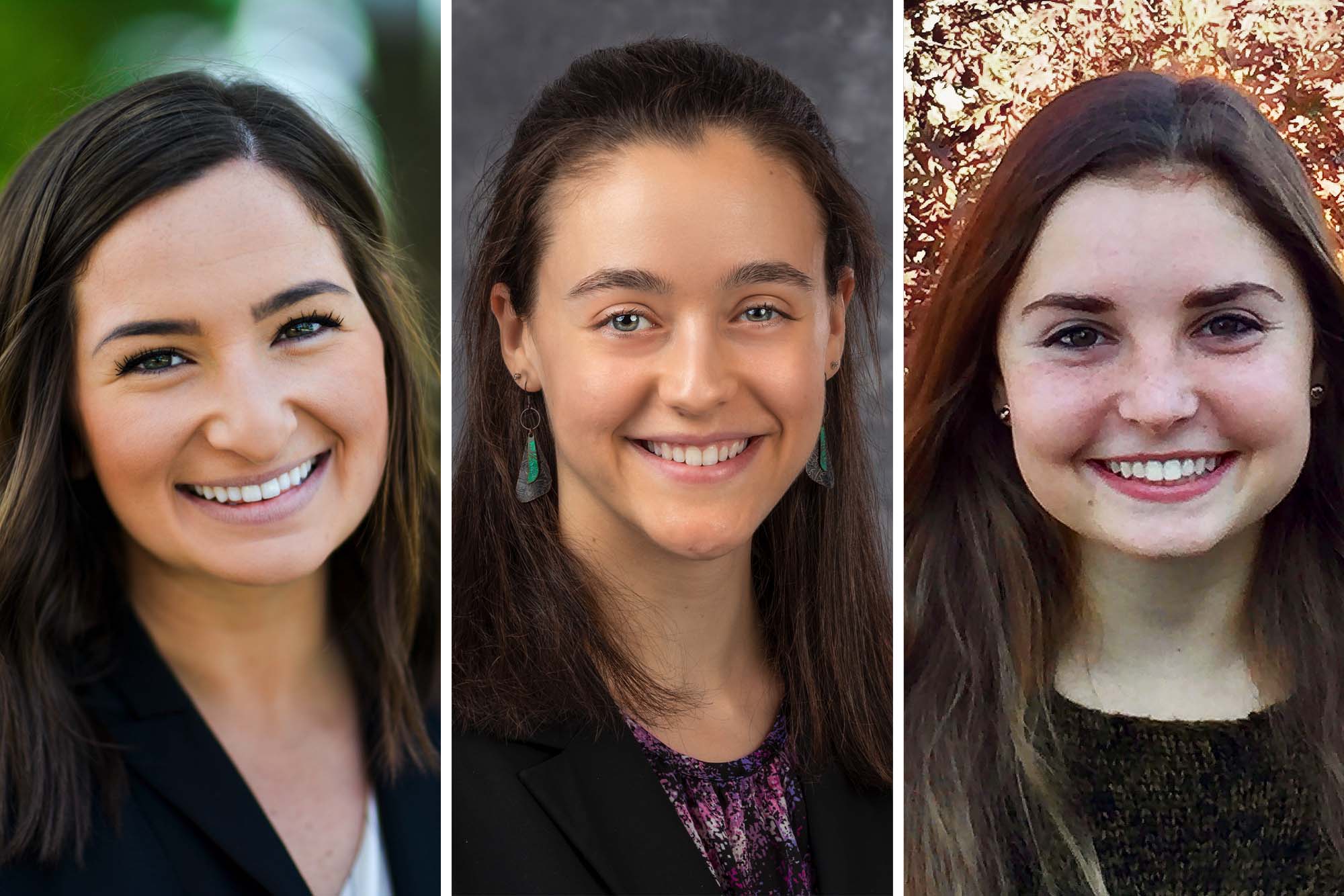
From left, Danielle Romeo, Margaret Rowe and Gabby Grob are among more than two dozen student volunteers. (Contributed photos)
Margaret Rowe, a fourth-year medical student who began working with the Latino Health Initiative three years ago, echoed the sentiment.
“As cases are skyrocketing, it’s important to remember that curbing cases of COVID in our community is important for everyone, whether you identify as a member of a vulnerable group or not,” Rowe said. “For people who generally have the privilege of working from home and who choose to attend bars and gatherings for social reasons, it’s important to remember that our actions also impact people who are at greater risk for serious health and financial consequences of COVID.
“At a basic level, we should be continuing to wear masks and social distance, as hard as that is to maintain nine months into this pandemic, because we all have a responsibility to protect vulnerable community members. On a larger scale, many people have spoken about how COVID has highlighted rampant health disparities in our country. This is the time for our country, and particularly future physicians like myself, to commit to improving health equity through community engagement, addressing physician implicit bias and institutional racism in medicine, and political advocacy.”
Hanni Nabahe, a UVA research librarian for commerce and economics, has gotten involved in the Latino Health Initiative’s efforts by maintaining a comprehensive set of local, state, and national resources for Spanish-speaking communities.
“As the holiday season approaches and the surge in cases worsens, many in the community are finding themselves at a breaking point, so the need for information on resources will only increase,” Nabahe said.
While things have often seemed bleak over the course of the last nine months, Smedile remains hopeful.
“I believe in God, and God is great,” she said. “And different groups have called us, like the one at UVA, and have collected different things for us – food, diapers, cleaning supplies, personal items for women – that we’ve been able to distribute to the people. That has been a really big help for us.
“But there is a lot of struggle. This has really hurt the Latino community.”
To learn more, volunteer or make a donation, visit the UVA Latino Health Initiative website.
Media Contact
Article Information
December 1, 2020
/content/members-charlottesvilles-latino-community-fighting-their-lives

